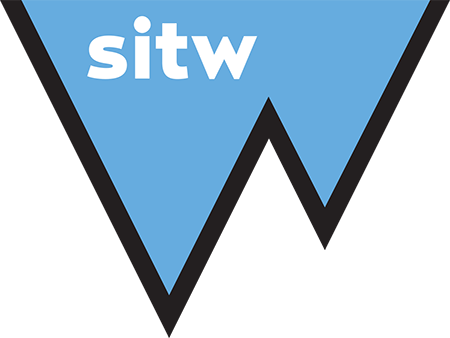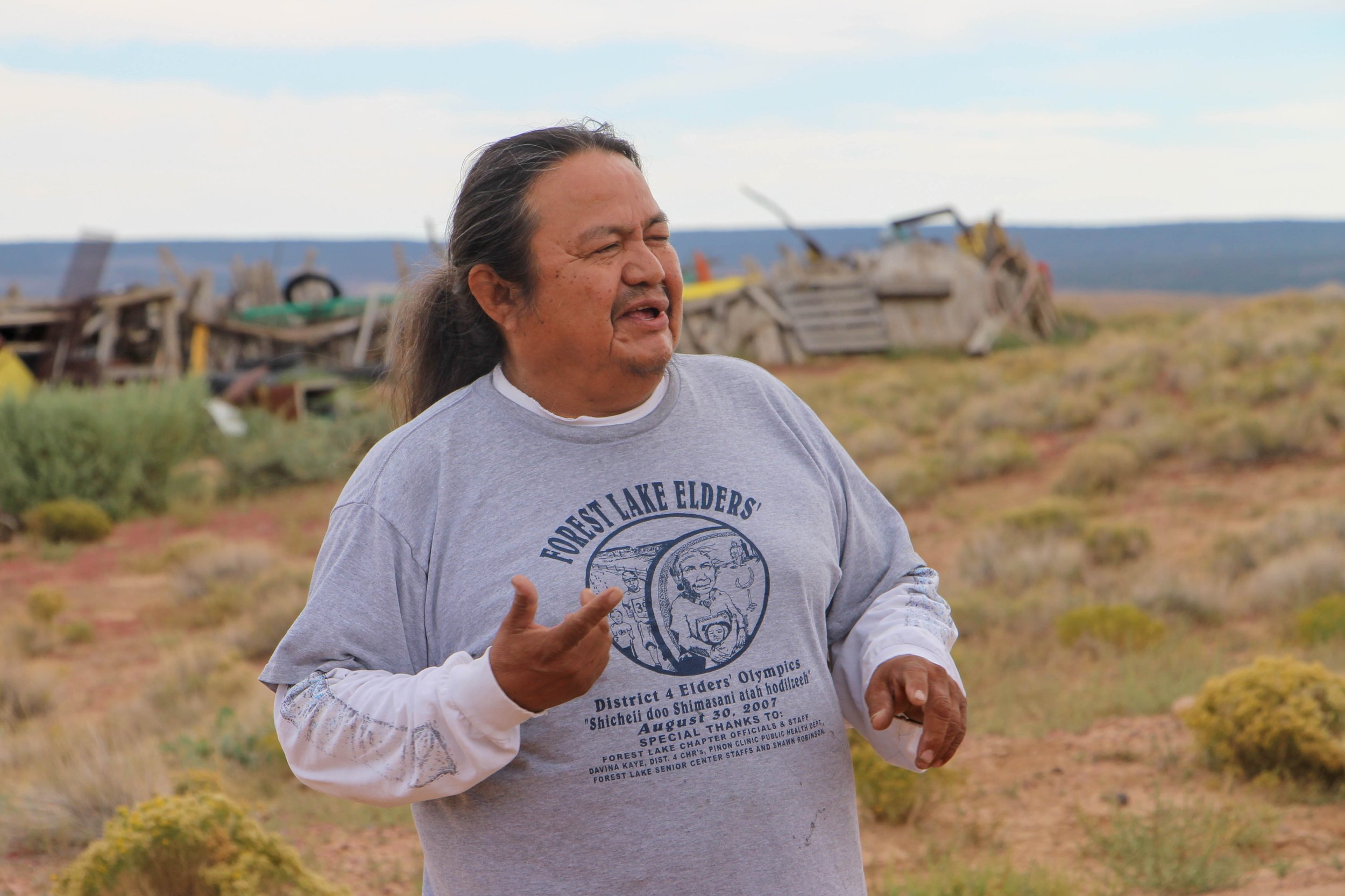Brett Isaac
Founder and Co-CEO, Navajo Power
Navajo Mountain, AZ / Navajo Nation
9/25/21
Brett Isaac grew up next to the Peabody Coal Mine and surrounded by the effects it had on his Diné (Navajo) community in Shonto. Specifically: contaminated drinking water, depletion of the drinking water aquifer, and respiratory illness among the local population. Additionally, the electricity generated by the coal from this mine was not accessibly to Diné families.
After graduating from Arizona State University, Brett came home to the Navajo Nation in hopes of bringing money and electric power back. He started by building solar panel arrays for individual houses far off the grid as well as providing mobile power units that have been used by Diné residents and by protestors at Standing Rock to power their camps.
In 2020, Brett co-founded Navajo Power: a public benefit renewable energy corporation that aims to brings the economic and environmental boons of solar energy to the Navajo Nation and other indigenous communities across the country. While he does not think solar energy is the “silver bullet” in dealing with climate change, he believes that it is a step in the right direction and sees first-hand how beneficial it is for the communities he has brought power to.
By Wes Johnston
Editor’s note: the photo of Brett Isaac above is from SITW 2016 as SITW 2021 met with Brett at night and did not get a more recent portrait.


